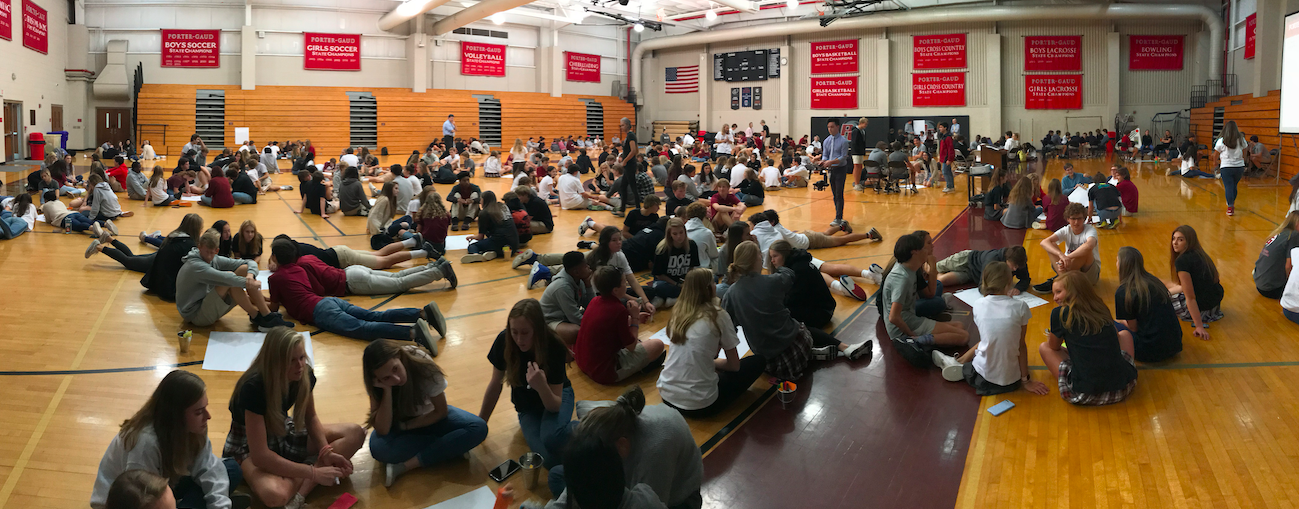Late last week I was able to join a Twitter conversation with three great educators, Bo Adams, Laura Deisley, and Jill Gough about the nature and role of failure in schools. We all expressed our discomfort with how schools define, describe, and deal with failure, what an aberration it is from how success and failure are treated elsewhere in our modern economic and social ecosystem. Definitions of success and failure lie at the absolute core of the educational system, the still-industrial age model that is based on a design specification that is increasingly irrelevant.
I won’t try to re-create the Twitter conversation here; follow @Boadams1, @Deacs84, @jgough, or @GrantLichtman and track back to 7-8 AM PDT June 8. Here are some of my thoughts that they prompted:
Our best athletic teams practice the same drills over and over and never feel that they have “succeeded”. Success in amateur sports is not measured in wins and losses; it is measured by how well the team performs relative to its potential. We need to import what we know from the best of amateur athletics and coaching into the classroom.
The best-performing knowledge-based companies recognize that failure is just one more step on the way to success. The most important defining characteristic of Silicon Valley is that failure is seen as a critical merit badge, not a “demerit” badge. You don’t get funded unless you have previously failed.
Parents don’t grade their kids after one or two tries on how well they hold a fork or do their chores or kiss their grandmother on the cheek. They use every tool in their patient arsenal to, over time, instill a pattern of learning in their child.
I don’t believe we should all spend our lives holding hands and singing Kumbaya. I am as competitive as they come and I love succeeding much more than I like to fail. But I also don’t fail very often because I don’t embrace the school-built definition of failure. I used to, and it was depressing and counterproductive. It was not focused on learning and getting better; it was focused on culling the herd. I have had some huge successes in my career, as have you, but I would have earned some real “F’s” along the way if I used the school scorecard.
What better way to start your next school year than with a deep discussion amongst faculty about the nature and definition of failure. If we don’t question our basic assumptions we don’t make real change, and our underlying definitions and applications of success and failure are as basic to education as assumptions get. The current definitions are flawed.





Leave A Comment